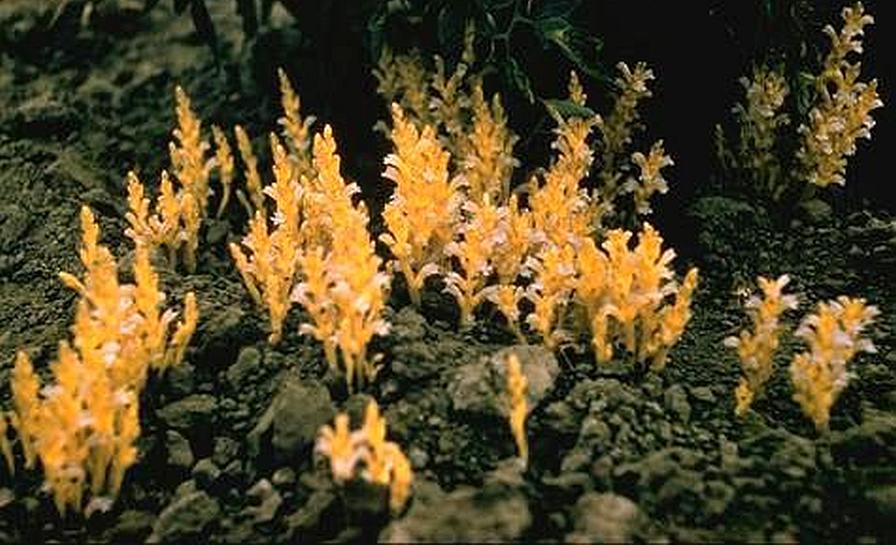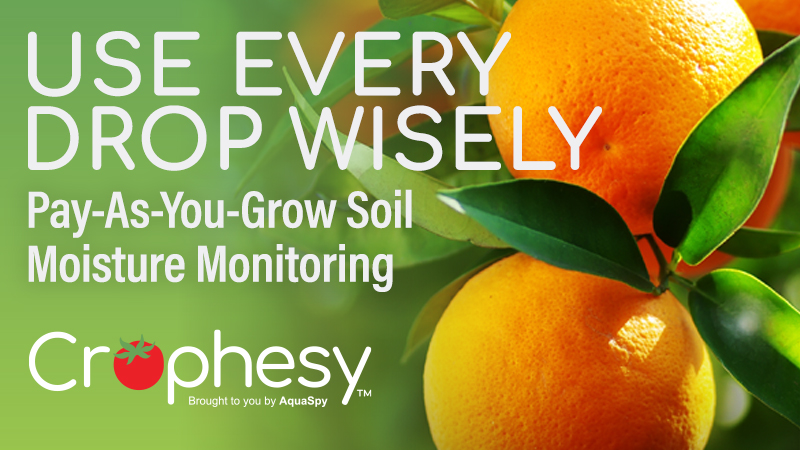Help on the Way To Protect Tomatoes From Parasitic Weed

Mature plant of the parasitic weed, branched broomrape.
Photo by Steve Wilhem, UC IPM
Branched broomrape is a parasitic weed threatening the supply of processing tomatoes in the U.S. The presence of branched broomrape in a field can lead to an immediate and complete economic loss for growers. Current processing tomato varieties are not resistant to the weed. To address this parasitic weed, the Foundation for Food & Agriculture Research (FFAR) is awarding a $232,728 Seeding Solutions grant to the University of California, Davis (UC Davis) to develop a tomato variety with resistance to branched broomrape. UC Davis is providing matching funds for a total investment of $465,456.
“Branched broomrape is an insidious weed that the processing tomato industry is struggling to contain,” says Dr. Kathy Munkvold, FFAR Scientific Program Director. “By developing resistance, this research is saving the livelihoods of growers and avoiding disrupted supplies of commonly consumed products.”
Several features of branched broomrape’s life cycle make them especially devastating for tomato producers. The weeds gain nutrients and water by attaching to tomato plants’ root cells, which prevents crop growth. Branched broomrapes’ flowers make thousands of seeds, which can remain dormant and viable in soil for more than twenty years, making planting future tomato crops risky. Despite mitigation efforts, the weed has been detected in several counties in California, a state that grows 90% of the country’s processing tomatoes.
When the broomrape attaches to tomato roots, many tomato genes respond to the parasitism with increased activity, which facilitates the attachment. A UC Davis research team led by Dr. Neelima Roy Sinha, Professor of plant biology, is developing tomato varieties that do not turn these genes on in the presence of the parasite, making the root resistant to the infection, or compromising parasite growth. The project is identifying the genes that allow parasitic attachment in multiple processing tomato varieties.
For more information on the project, continue reading at foundationfar.org.









